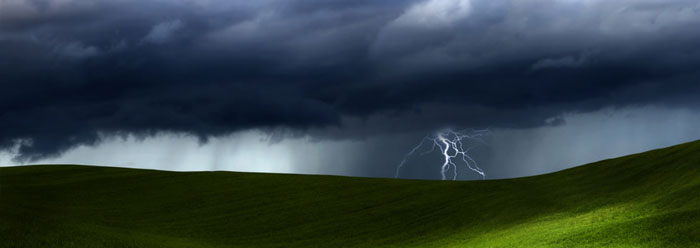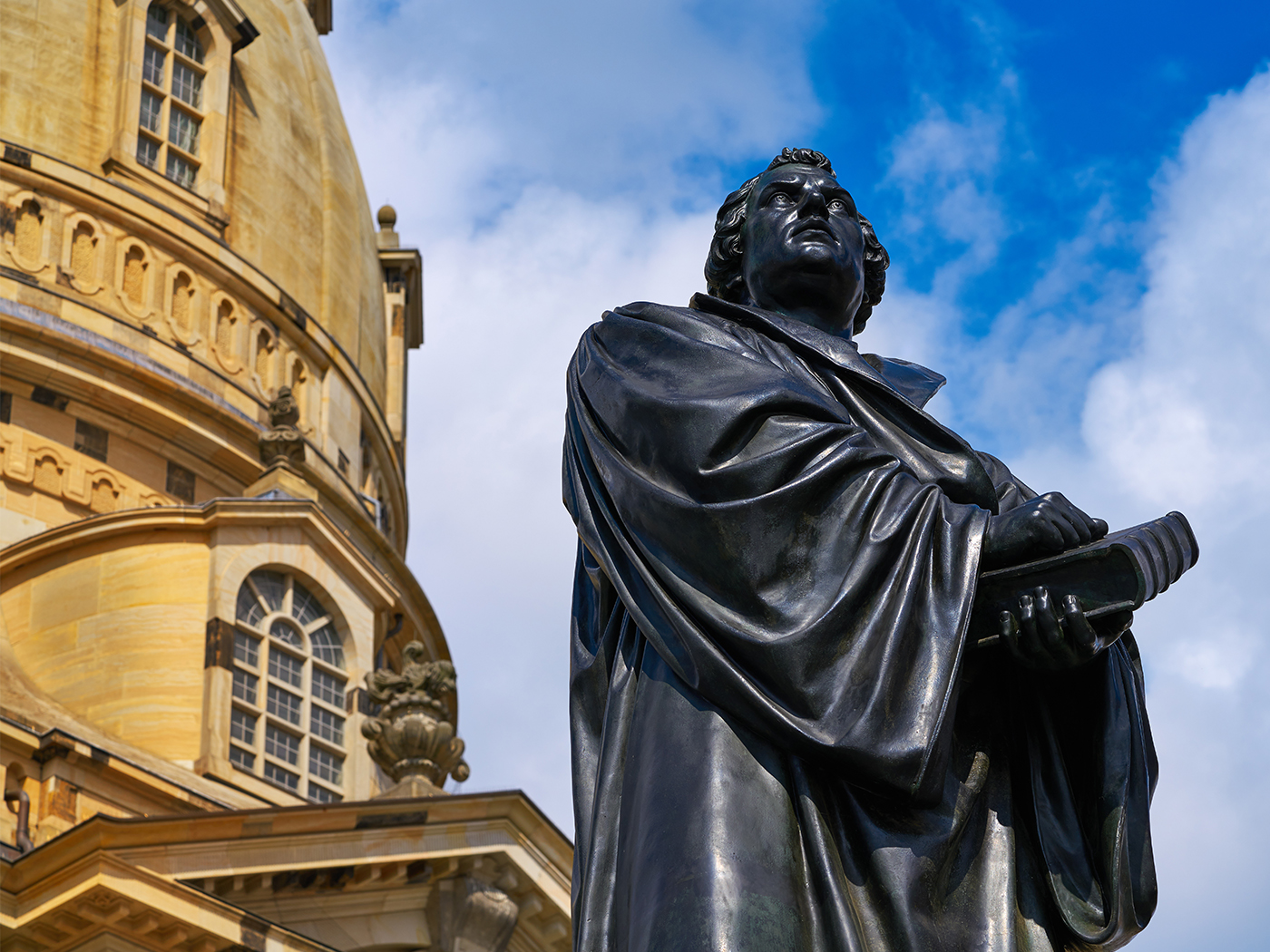Since its inception, Charles Darwin's story that life evolved in response to environmental pressures has not been supported by what is actually observed in nature. Despite this, it has been universally taught as accurate science since shortly after the publication of his On the Origin of Species in 1859.
Some researchers have rejected Darwin's imaginative evolutionary mechanism of natural selection on scientific grounds, instead favoring the biblical historical account of origins. Others have rejected it but are looking for a naturalistic replacement.1 Among the latter, at least one researcher has chosen a unique "explanation" for how evolutionary change takes place.
According to Keith Bennett, an evolutionary paleoecologist at Queen's University Belfast, natural selection plus time does not add up to evolutionary change, contradicting Darwin's 150-year-old central thesis. He instead offers the replacement idea that evolution just happens. In his view, it proceeds chaotically, perhaps as a result of coincidental genetic restructuring, and is therefore unpredictable.
In a recent issue of New Scientist, Bennett asked such an honest question that it could be mistaken for one asked by a creation scientist: "If macroevolution really is an extrapolation of natural selection and adaptation, we would expect to see environmental change driving evolutionary change…. Is that what actually happens?"2
The obvious answer is "no." For example, a 2009 Colombian fossil discovery provided yet another example that neither plant nor animal species have changed significantly over time, even after supposed millions of years of climate change and other pressures.3
Bennett wrote that he does not see evidence that environmental change drives evolutionary change. He cited a foundational work titled Natural Selection in the Wild, which showed no evidence of evolution by selection occurring.4 The lack of science it revealed behind natural selection's supposed powers to produce new traits is consistent with recent studies.5
Bennett then summarized findings in his own field of microfossils, which also do not show evolution by selective pressure. "In principle, three types of evolutionary response[s] are possible: stasis, extinction, or evolutionary change. What do we actually see?" he wrote. "...[S]tudies show that most species remain unchanged for hundreds of thousands of years, perhaps longer."2
Thus, stasis of forms over time―regardless of how much time one ascribes to the rock layers―is a clear hallmark of the fossil record. Also, since many specific forms within those phyla are represented in fossils but are no longer alive, extinction is also a clear hallmark of life's history.
But with no living examples to observe, and no multiple series of transitional fossilized creatures to show it, evolutionary change is not actually seen. Therefore, there is no proof it ever happened—despite a curiously self-refuting comment by evolutionist Richard Dawkins: "Evolution has been observed. It's just that it hasn't been observed while it's happening."6
Like Dawkins, Bennett has evidently chosen to cling to a generalized belief in evolution in spite of the clear evidence for distinct, created kinds. But while Dawkins doggedly adheres to Darwin's original idea that evolution works by environments selecting individuals, Bennett instead proposed that "chaotic dynamics" within the organism make "unpredictable changes" just like weather does. Thus, he wrote, "we may be able to reconstruct the sequence of events leading to the evolution of any given species or group after the fact, but we will not be able to generalize from these to other sequences of events."2
But by admitting that predictions cannot be made based on evolution, Bennett has insulated it from scientific scrutiny! This shows again that it is a belief system about the past, and not a scientific endeavor.7, 8
An appeal to chaos as the source of living forms seems rather harebrained when compared to the straightforward concept that they were created by a Creator. "Chaos," by definition, cannot produce complicated, functional creations. Those who make this kind of appeal also fit the scriptural description of others who "changed the truth of God into a lie, and worshipped and served the creature more than the Creator, who is blessed for ever."9
References
- Thomas, B. Evolutionary Biologists Rethink Evolution. ICR News. Posted on icr.org February 3, 2010, accessed October 28, 2010.
- Bennet, K. 2010. The chaos theory of evolution. New Scientist. 2782: 28-31.
- Thomas, B. New Fossil Cache Shows Plants Haven't Changed. ICR News. Posted on icr.org October 28, 2009, accessed October 28, 2010.
- Endler, J. A. 1986. Natural Selection in the Wild. Princeton, NJ: Princeton University Press.
- See Thomas, B. Lizard Study Questions Natural Selection. ICR News. Posted on icr.org June 4, 2010, accessed October 28, 2010.
- Broadcast Transcript. NOW with Bill Moyers. Posted on pbs.org December 3, 2004, accessed October 28, 2010.
- Morris, H. 1982. Evolution Is Religion, Not Science. Acts & Facts. 11 (5).
- Morris, H. 2001. Evolution Is Religion―Not Science. Acts & Facts. 30 (2).
- Romans 1:25.
* Mr. Thomas is Science Writer at the Institute for Creation Research.
Article posted on November 4, 2010.




















